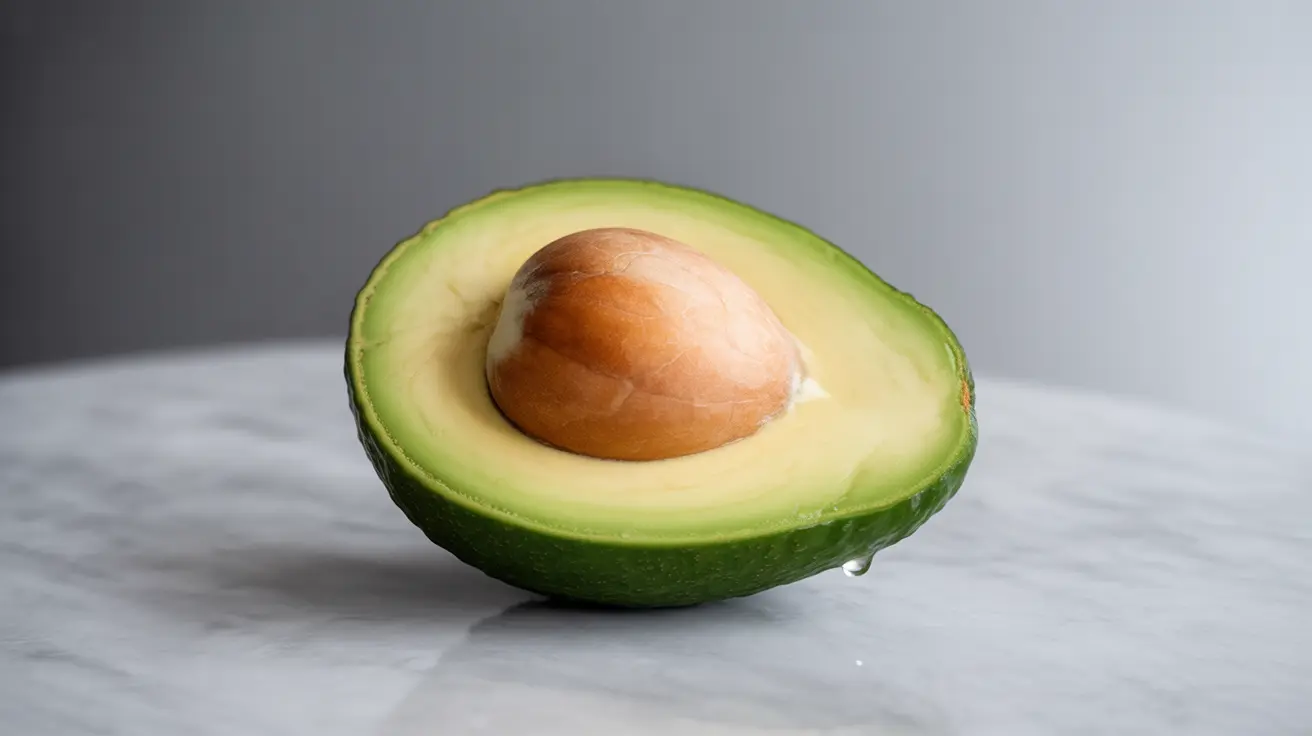While many people enjoy the creamy flesh of avocados, the large brown seed in the center often ends up in the trash. Recently, there's been growing interest in whether avocado seeds are edible and potentially beneficial for health. This comprehensive guide explores the safety, benefits, and risks of consuming avocado seeds.
Understanding Avocado Seeds
Avocado seeds, also known as pits or stones, make up a significant portion of the fruit and contain various compounds, including fiber, antioxidants, and other bioactive substances. However, their edibility and safety have been subjects of debate in both scientific and culinary communities.
Safety Considerations of Eating Avocado Seeds
The safety of consuming avocado seeds remains a controversial topic among health experts. While some proponents claim they're safe when properly prepared, others advise against consumption due to potentially harmful compounds.
Natural Compounds in Avocado Seeds
- Tannins
- Phenolic compounds
- Fatty acids
- Fiber
- Persin (a fungicidal toxin)
Potential Toxic Elements
- Natural toxins that could be harmful when consumed in large amounts
- Anti-nutritional factors that might interfere with nutrient absorption
- Substances that could cause digestive discomfort
Preparation Methods for Avocado Seeds
If you choose to consume avocado seeds, proper preparation is crucial:
Basic Preparation Steps
- Clean and dry the seed thoroughly
- Remove the brown skin
- Cut into smaller pieces
- Process into a powder using a high-powered blender
- Use in small amounts as part of recipes or tea
Potential Benefits and Uses
Some studies suggest that avocado seeds might offer certain health benefits, though more research is needed to confirm these effects:
Possible Health Benefits
- Rich in antioxidants
- May have antimicrobial properties
- Could potentially support digestive health
- May contain compounds that support heart health
- Possible anti-inflammatory properties
Special Considerations
Certain groups should exercise extra caution when considering avocado seed consumption:
- Pregnant and breastfeeding women
- People with allergies or sensitivities
- Individuals with digestive conditions
- Those taking medications that might interact with seed compounds
Frequently Asked Questions
1. Can you eat avocado seeds safely without any health risks?
While some people consume avocado seeds, their safety isn't fully established. Potential risks exist due to natural compounds that could be toxic in large amounts. If consumed, it should be in small quantities and properly prepared.
2. What are the potential health benefits of eating avocado seeds compared to eating the fruit?
Avocado seeds contain different compounds than the fruit, including higher levels of antioxidants and fiber. However, the fruit's flesh is generally considered more nutritious and safer to consume, with proven health benefits.
3. How do you prepare avocado seeds for consumption, and are there any recommended methods to ensure safety?
To prepare avocado seeds, they should be dried, peeled, cut into pieces, and ground into a powder. This powder can be used in small amounts in smoothies or tea. Always ensure proper cleaning and processing to minimize risks.
4. What are the side effects or risks of consuming avocado seeds regularly?
Potential side effects include digestive issues, nutrient absorption problems, and possible toxic effects from natural compounds. Long-term safety hasn't been well-studied, so regular consumption isn't recommended.
5. Should pregnant or breastfeeding women consider eating avocado seeds for their nutritional benefits?
Pregnant and breastfeeding women should avoid consuming avocado seeds due to limited safety research and potential risks. It's better to focus on well-established nutritious foods during these periods.




